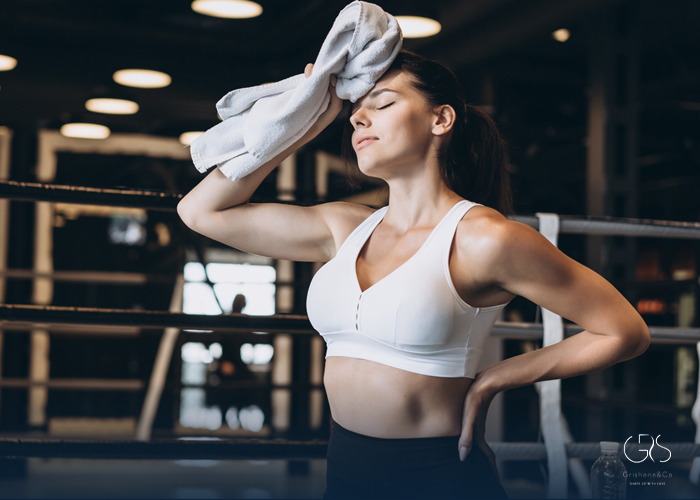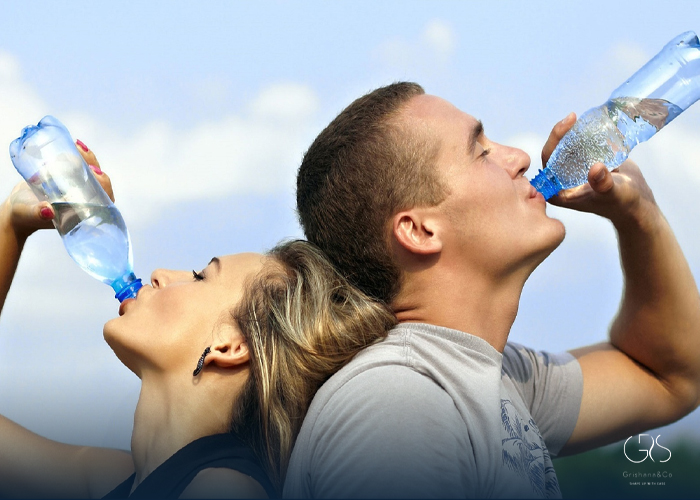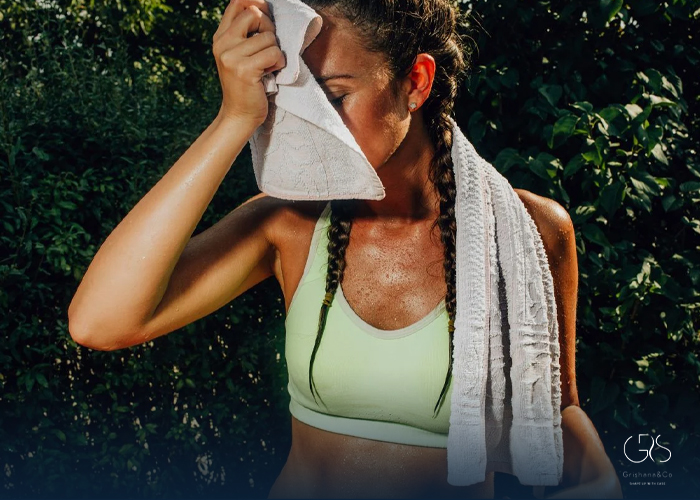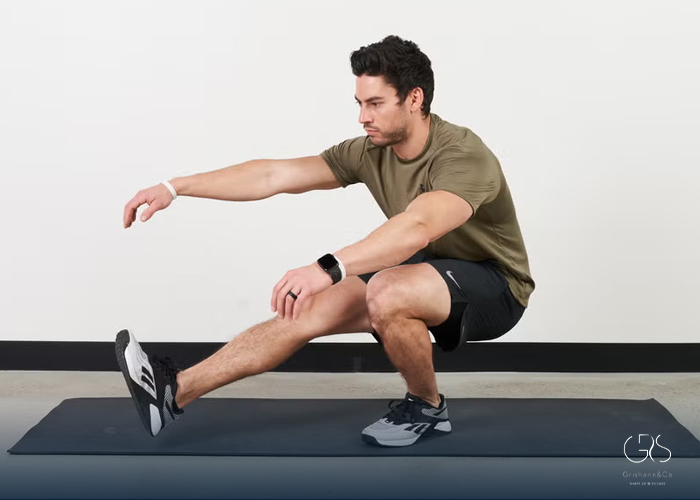Sweating is a natural bodily function that occurs in response to various factors, including physical exertion such as exercise. Many people find themselves sweating profusely during workouts and wonder why this happens. In this article, we will explore the reasons behind excessive sweating during exercise, the types of sweat, the benefits of sweating during exercise, why some people sweat more than others, tips to manage sweat, the importance of staying hydrated, and when to seek medical attention for excessive sweating.
Why You Sweat
Sweating is the body’s way of regulating temperature and maintaining homeostasis. When your core body temperature rises, whether due to physical activity or a hot environment, your body activates its sweat glands to produce perspiration. As the sweat evaporates from the skin, it helps to cool the body down, preventing overheating and heat-related illnesses.
Types of Sweat
There are two main types of sweat glands in the human body: eccrine and apocrine glands. Eccrine glands are distributed across the skin and are responsible for regulating body temperature. They produce a watery sweat that is primarily composed of water and salt. On the other hand, apocrine glands are concentrated in areas with hair follicles, such as the armpits and groin, and they produce a thicker secretion that is odorless until it comes into contact with bacteria on the skin’s surface.
Sweating During Exercise
During exercise, your body produces sweat in response to increased muscle activity and rising internal body temperature. As your heart rate and breathing rate increase, your body generates more heat, prompting the sweat glands to release perspiration. The evaporation of sweat from your skin helps to dissipate heat and prevent your body from overheating during physical exertion.

Helps You Acclimate and Keeps You Cool
Regular exercise and exposure to heat can help your body acclimate to sweating more efficiently. Acclimating to heat and increased sweating can improve your body’s ability to regulate temperature during exercise and other activities in warm environments. Sweating also plays a crucial role in keeping your body cool, especially during intense workouts or when exercising in hot weather.
Releases Impurities
Sweating is also a way for your body to eliminate waste products and impurities. When you sweat, your body excretes small amounts of toxins, such as heavy metals and chemicals, through your skin. This process can contribute to detoxification and the removal of harmful substances from the body.
Why Some People Sweat More
Individuals differ in their propensity to sweat, and several factors can contribute to why some people sweat more than others. Genetics, fitness level, body composition, and even gender can all influence an individual’s sweating response. Additionally, certain medical conditions, medications, and hormonal changes can also affect the body’s sweat production.

Tips to Manage Sweat
While sweating is a natural and essential bodily function, excessive sweating can be uncomfortable and may affect an individual’s confidence during exercise. To manage sweat effectively, consider the following tips:
- Wear moisture-wicking clothing
- Use antiperspirants or deodorants
- Keep a towel handy to wipe off sweat during workouts
- Stay hydrated to replace lost fluids
- Limit caffeine and spicy foods, which can trigger sweat production
Importance of Staying Hydrated
Staying hydrated is crucial when exercising, particularly when sweating excessively. Dehydration can lead to decreased exercise performance, increased risk of heat-related illnesses, and electrolyte imbalances. It’s essential to drink plenty of fluids before, during, and after exercise to replenish the water and electrolytes lost through sweating.

When To Contact a Healthcare Provider
While sweating during exercise is normal, excessive sweating, especially without physical exertion or in cool environments, could be a sign of an underlying medical condition such as hyperhidrosis. If you experience persistent, unexplained excessive sweating, it’s important to consult a healthcare provider to rule out any potential health issues and explore treatment options.
Conclusion
Sweating during exercise is a natural and necessary physiological response that helps regulate body temperature, release impurities, and keep the body cool. Understanding the reasons behind excessive sweating during workouts, the types of sweat, and effective strategies to manage sweat and stay hydrated can help individuals maintain a healthy and comfortable exercise routine. By acknowledging the diverse factors that contribute to individual sweating patterns and promoting the importance of proper hydration, we can empower individuals to embrace their body’s natural cooling mechanism during physical activity while also being mindful of their overall health and well-being.
Sources
- American College of Sports Medicine, ACSM Expert Consensus Statement on Exertional Heat Illness: Recognition, Management, and Return to Activity
- Harvard Health Publishing, What's that smell? Get rid of body odor
- Mayo Clinic, Hyperhidrosis










